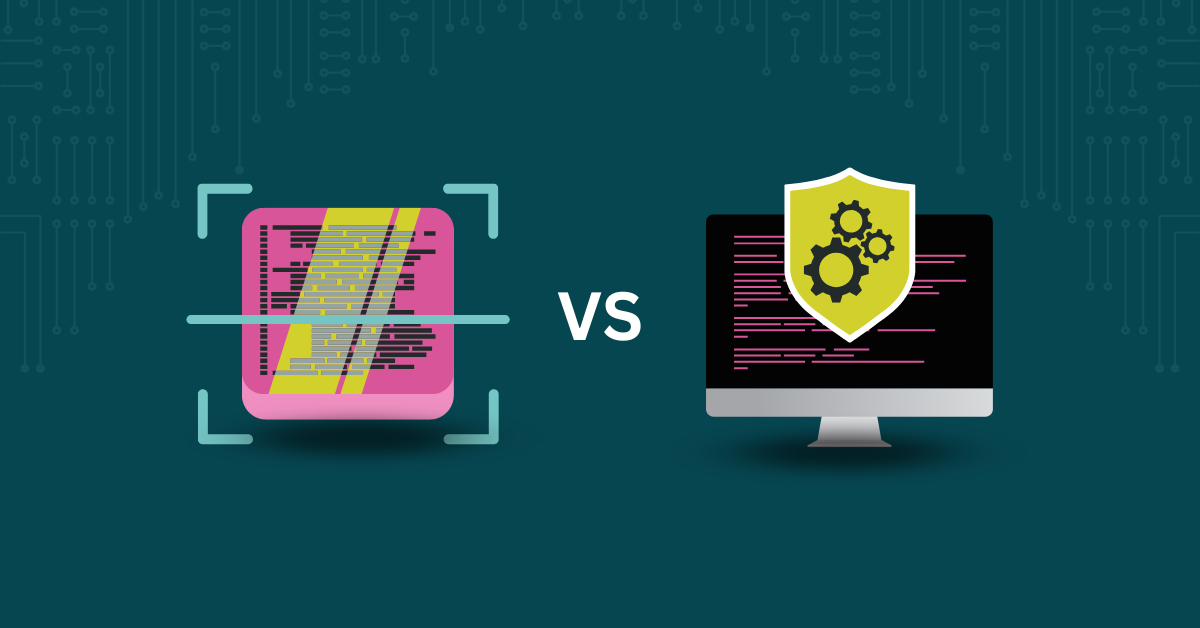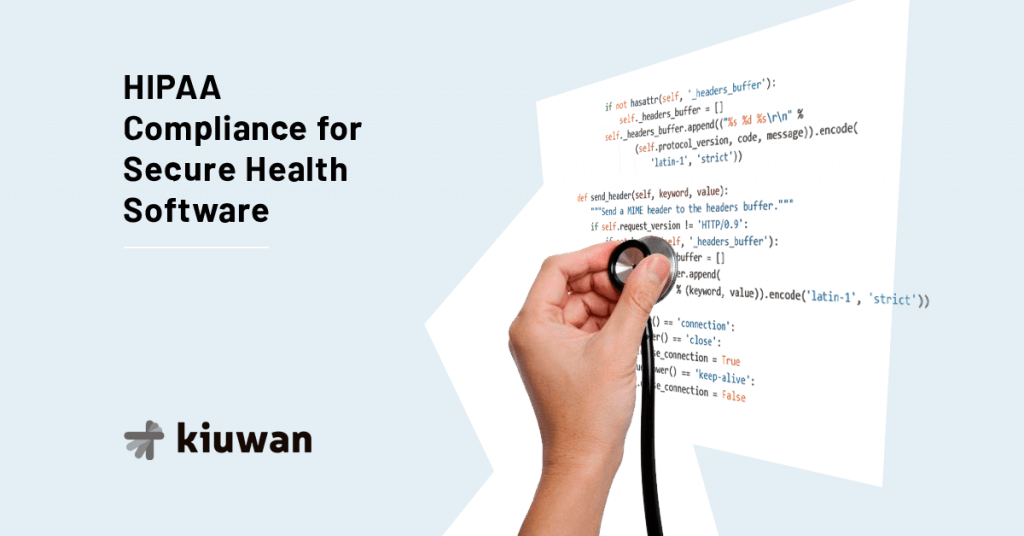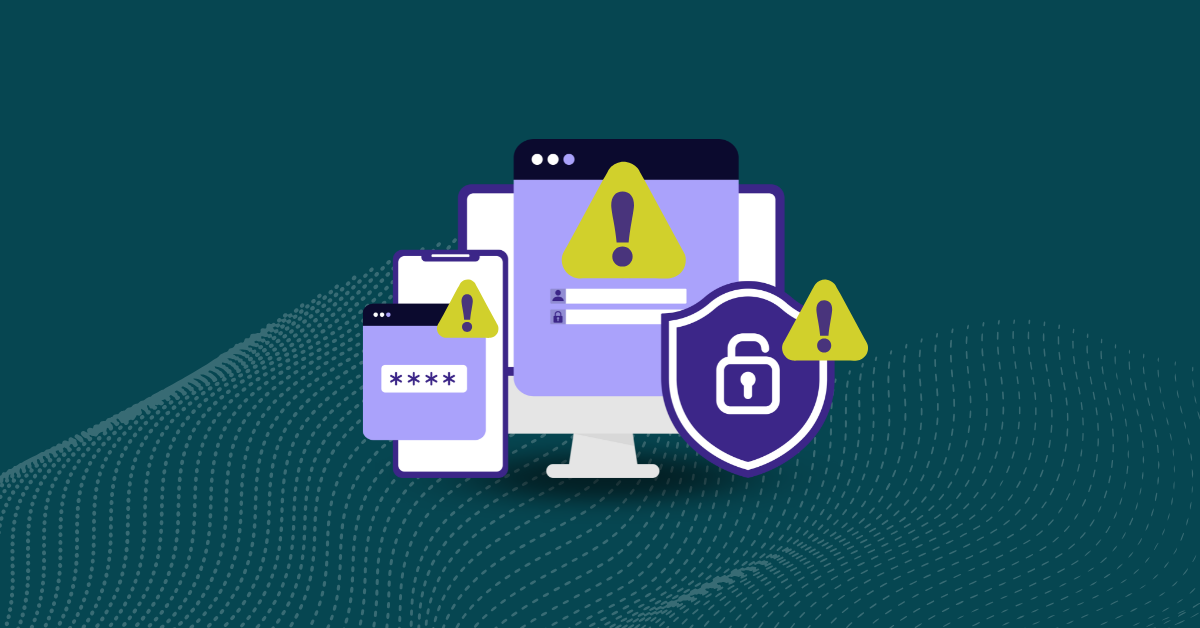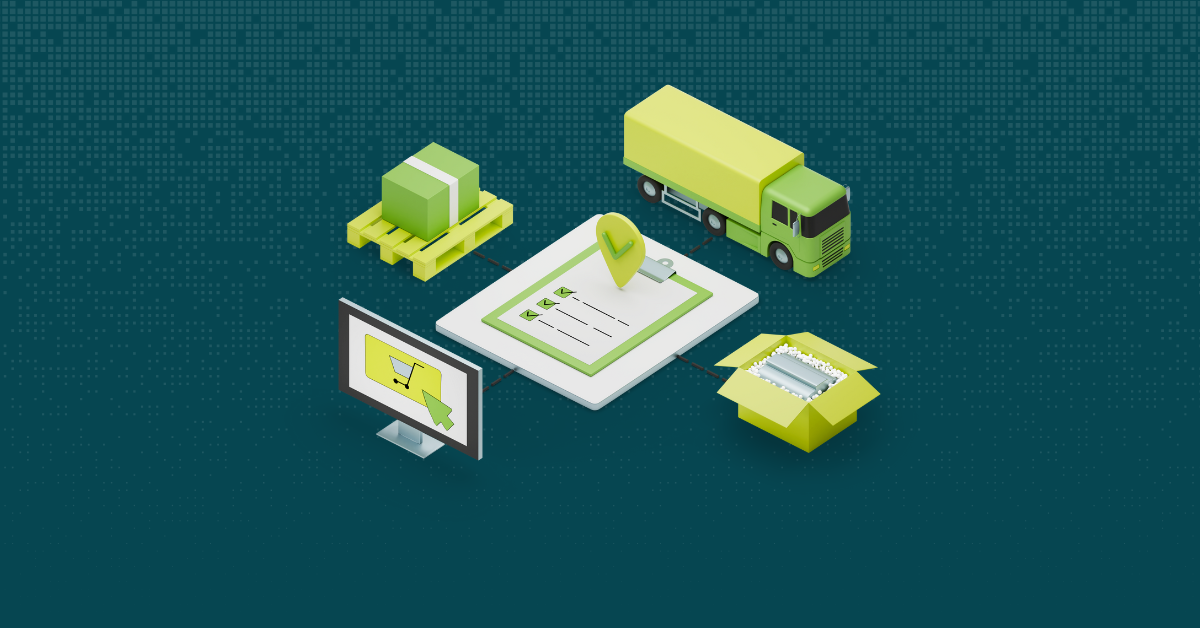

Developers all over the world have become keen on adopting a high level of application security, especially with the steady rise of cybersecurity threats. The shorter app development app cycle also means that you’ll need a robust security system to flash out any vulnerabilities within a small window of time.
DevSecOps is providing an answer to these security challenges with innovative solutions coming from essential departments. As companies work to foster security integration, they receive the much-needed guidelines for app security from a host of security standards, including the HIPAA standard. Compliance with such security standards helps app developers assure their consumers, building their reputation in the process.
Are you developing software for the healthcare industry? Read on to find out how you can achieve HIPAA compliance and why this is important for your software development lifecycle.
The Health Insurance Portability and Accountability Act (HIPAA) forms an integral part of US law. This 1996 act provides security safeguards that protect healthcare information and guarantee data privacy.
Health insurers and service providers have, in recent times, experienced an influx of data breaches mainly due to malware and cyber-attacks. With this steady rise in health data breaches, the act continues to prove worthwhile for software developers in the healthcare industry.
The HIPAA act comprises five different sections.
HIPAA compliance requires healthcare providers to adhere to HIPAA Title II (Administrative Simplification). The requirements under this section include:
Software developers need to be especially mindful of the HIPAA Security and Privacy Rules, which have significant implications in software development. The rules highlight security standards for the Protection of Electronic Protected Health Information.
With the Privacy Rule, you can restrict access to patient medical records. The Security Rule, on the other hand, guarantees the integrity and confidentiality of electronically protected health information. The second rule provides safeguards for administrative, physical, and technical issues.
With HIPAA adherence, developers can put in place enough safeguards for Electronic Protected Health Information (ePHI). The rules take care of all processes surrounding health information, including maintenance, storage, as well as transmission.
The HIPAA standard provides three key questions that should guide all efforts meant to address risks and vulnerabilities of ePHI.
These questions help software providers develop tailor-made solutions for their clients. The idea is to ensure that technological advances do not come at the expense of patient security.
Before contracting a software developer, health care providers need assurance that they will receive a secure software application. You’ll need a reliable set of tools to ensure that hackers can’t access private patient information.
First, you’ll need an array of code review tools for application security testing. These tools help you identify and mitigate any vulnerabilities before they get out of hand. Static application security testing (SAST) has emerged as a valuable option for software developers.
SAST tools identify and eliminate vulnerabilities from the inception stage through to the deployment phase of the software development lifecycle. Whether you are working with third-party code, open-source components, or legacy code, this integration provides robustly secure applications.
Are you looking to demonstrate HIPAA compliance? You’ll need to show that your software adheres to these Security Rule requirements.
The demand for mobile health is steadily rising, and this is likely to continue for many years. Developers looking to leverage these opportunities need to learn about the legal and regulatory requirements surrounding HIPAA compliance.
Secure storage and transmission of Protected Health Information rely on the security of the medical app. Violating HIPAA regulations reduces the confidence in your app while increasing the cost implications of data breaches.
As an app developer, you’ll need to:
Today’s security threats are continually shifting. Organizations have little choice on whether or not to strengthen their app development security systems. Comprehensive app security features significantly reduce the far-reaching consequences of data breaches and insecure apps.
App security programs like Kiuwan help you remain vigilant on any potential threat to your new software. We will assist you in building confidence in your app with HIPAA compliance. In the process, your team will appreciate security as a strategy rather than an afterthought.
Integrating app security in your DevOps process lessens the tension between different departments as everyone is on the same page. Besides, if you want to appease today’s security-minded consumer, you’ll need impeccable app security features. Contact us today to learn more about HIPAA compliance with Kiuwan Code Security.


